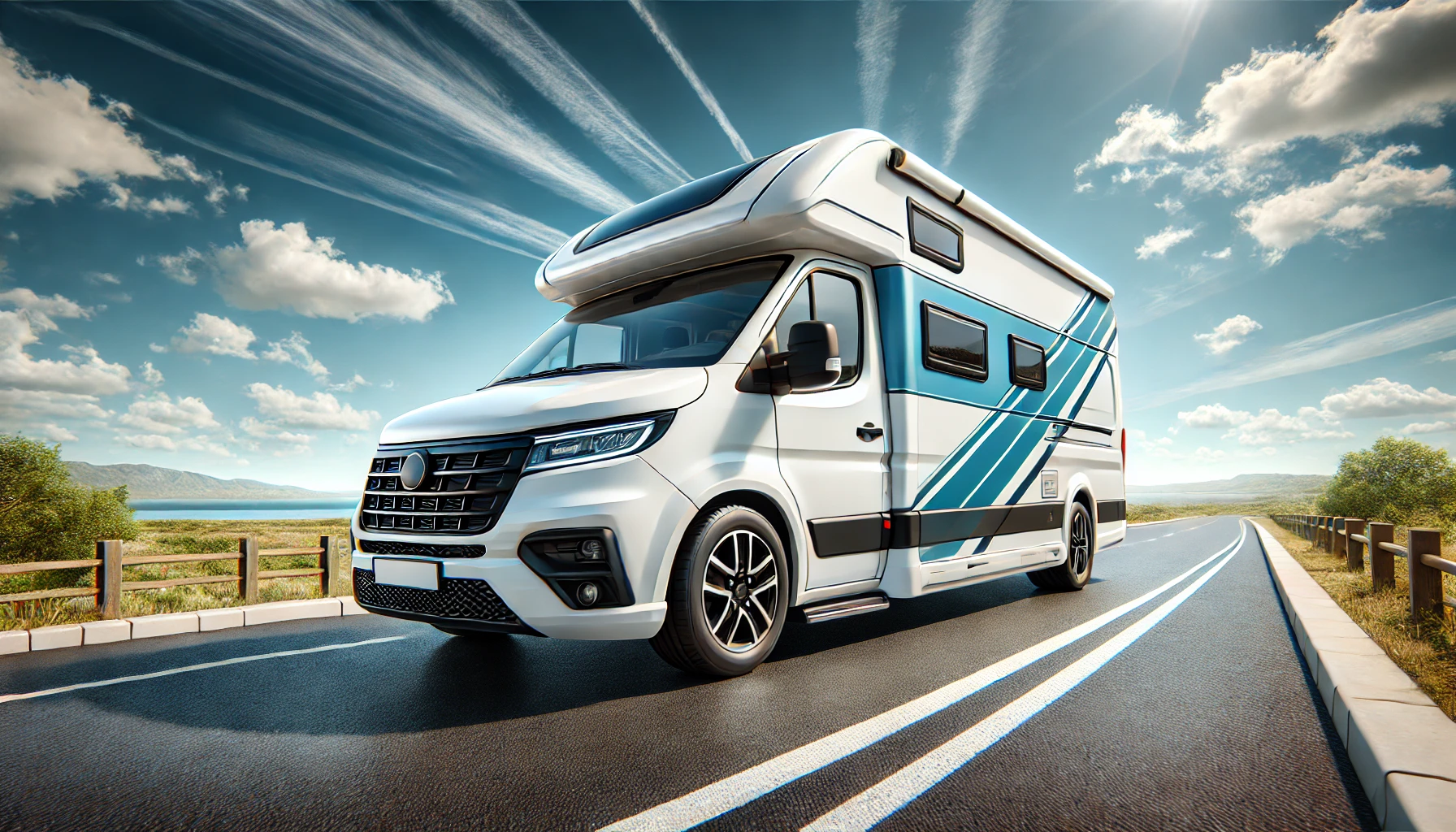
Find the Ideal Vehicle for Travel and Adventure
Choosing the right vehicle for travel, van life, or long-term adventures depends on various factors, including size, functionality, terrain capabilities, and comfort. Different models cater to unique needs, from compact stealth campers to fully equipped expedition vehicles. Understanding the strengths and limitations of each option helps in making informed decisions.
Travel-ready vehicles come in many forms, ranging from station wagons and minivans to full-size motorhomes and overlanding rigs. Some are designed for urban stealth camping, while others are built for off-road expeditions in remote locations. Factors such as fuel efficiency, interior space, cargo capacity, and ease of modification determine their suitability for different lifestyles.
Types of Vehicles for Travel and Camping
Several vehicle categories cater to travelers and adventurers. Station wagons provide a balance between fuel efficiency and sleeping space. Minivans offer more interior room while maintaining a compact footprint. Cargo vans and mid-size vans allow for extensive interior customization. Large vans and campervans come with built-in amenities, making them well-suited for long-term living. Overlanding vehicles and expedition rigs are designed for rough terrain and off-grid travel, ensuring reliability in extreme conditions.
Key Considerations When Selecting a Vehicle
When selecting a travel vehicle, important factors include interior layout, sleeping arrangements, storage capacity, and off-road capability. Some vehicles prioritize mobility and ease of parking, while others focus on comfort and long-term livability. Fuel economy, maintenance costs, and resale value also play a role in determining long-term viability. Additionally, the availability of spare parts and ease of repairs can influence vehicle selection, especially for international travelers.
Customization and Conversion Potential
Many travel vehicles offer customization opportunities, whether through factory upgrades or aftermarket modifications. Some prefer a do-it-yourself (DIY) approach, converting cargo vans into full-time living spaces with insulation, solar power, and kitchen setups. Others opt for professional conversions, ensuring high-quality craftsmanship and optimized layouts. Budget-friendly modifications focus on functionality, while luxury conversions incorporate premium materials and advanced systems for added comfort.
Practical Uses of Different Vehicle Types
Vehicles suited for travel and adventure cater to various purposes. Some serve as daily drivers that can double as weekend campers, while others are specifically built for full-time living. Overlanders rely on rugged SUVs and trucks equipped with rooftop tents or slide-in campers for remote expeditions. Families traveling long-term often choose motorhomes or large campervans with dedicated living spaces and amenities. Compact vans and minivans work well for urban stealth camping, allowing overnight stays in city environments without attracting attention.
Long-Term Ownership and Resale Trends
Some vehicles retain their value better than others, making resale considerations important for long-term planning. Well-maintained campervans and overlanding rigs often hold strong market demand due to the growing popularity of van life and adventure travel. Older vehicles with solid mechanical reliability continue to attract buyers looking for affordable conversion options. Factors such as mileage, condition, and brand reputation affect depreciation rates. Additionally, certain models are more widely supported with aftermarket parts, making repairs and modifications easier.
Maintenance and Reliability for Travel Vehicles
Different vehicle types require different levels of maintenance. Simple cargo vans and station wagons tend to have lower upkeep costs compared to high-end motorhomes with complex electrical and plumbing systems. Four-wheel-drive (4WD) overlanding vehicles require regular inspections to ensure performance in rugged conditions. Diesel engines often provide better fuel efficiency and longevity for long-haul travel, but availability of fuel and servicing varies by region. Understanding the mechanical aspects of a chosen vehicle helps in avoiding unexpected breakdowns during extended trips.
Fuel Efficiency and Environmental Impact
Fuel consumption varies greatly between vehicle types. Smaller vehicles like station wagons and minivans offer better efficiency, making them cost-effective for long-distance travel. Large motorhomes and expedition trucks consume more fuel but provide additional living space and amenities. Hybrid and electric options are emerging in the travel vehicle market, reducing environmental impact while maintaining usability. Solar panels and auxiliary battery systems further enhance energy efficiency for off-grid camping.
Future Trends in Travel-Ready Vehicles
The market for travel-friendly vehicles continues to evolve, with manufacturers introducing new models and features tailored for adventure seekers. Electric campervans and hybrid off-road vehicles are gaining traction, offering sustainable alternatives to traditional fuel-powered options. Lightweight materials and modular interior designs allow for greater customization and adaptability. Advances in battery technology and solar power integration enhance self-sufficiency for off-grid travelers. As the demand for mobile living solutions grows, vehicle innovations continue to shape the future of travel.
- Station Wagons / Estates / Breaks
- Minivans
- Small Vans & Panel Wagons
- Mid-Size Vans
- Large Vans (Full-Size)
- Cargo Vans
- Conversion Vans
- Campervans
- Box Trucks / Moving Trucks
- Motorhomes
- Pickup Trucks (with campers or rooftop tents)
- SUVs (suitable for sleeping/overlanding)
- Overland & Expedition Vehicles
- Buses / School Buses / Shuttle Buses
- Other
| Type | Use | Models |
|---|---|---|
| Wagons | Trips | Outback, V60 |
| Minivans | Family | Sienna, Odyssey |
| Small Vans | City | Caddy, NV200 |
| Mid Vans | Convert | Metris, Transit |
| Large Vans | Full-Time | Sprinter, ProMaster |
| Cargo Vans | DIY | Express, Savana |
| Campers | Ready | California, Solis |
| Overland | Off-Road | Land Cruiser, Defender |
